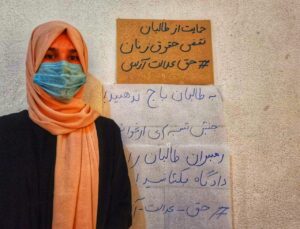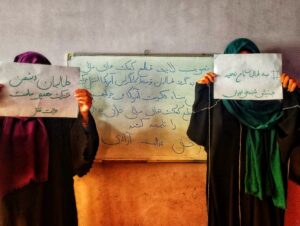World Education Day under the rule of the Taliban group has reached a significant milestone, marking 856 days of restricted access to education for girls. The Taliban’s policies have resulted in the closure of schools and universities for girls above the sixth grade, reflecting their efforts to marginalize women in society. On this occasion, it is essential to bring attention to the challenges faced by girls in accessing education under the Taliban’s rule and advocate for their right to education and empowerment.
Paragraph 1: Since the Taliban’s takeover, the education system in Afghanistan has undergone drastic changes, particularly affecting young girls. Schools and universities have been shut down for girls above the sixth grade, denying them the opportunity to continue their education. This restriction has had a profound impact on the aspirations and dreams of countless girls who are now deprived of their right to learn and pursue their goals.
Paragraph 2: The Taliban’s efforts to remove women from society have resulted in a significant setback for gender equality and women’s empowerment. By limiting access to education, the group seeks to confine women to traditional roles and deny them the chance to develop their skills and knowledge. This not only hampers the progress of individual girls but also hinders the overall development of the country.
Paragraph 3: On World Education Day, it is crucial to shed light on the importance of education in empowering girls and promoting gender equality. Education plays a vital role in breaking the cycle of poverty, improving health outcomes, and fostering economic growth. By denying girls access to education, the Taliban is perpetuating a cycle of inequality and hindering the country’s potential for progress.
Paragraph 4: Efforts must be made to advocate for the right to education for girls under the Taliban’s rule. International organizations, governments, and civil society must come together to support initiatives that provide alternative educational opportunities for girls, such as community-based learning centers or online education programs. These initiatives can help mitigate the impact of the Taliban’s restrictions and ensure that girls have access to quality education.
Conclusion:
As we commemorate World Education Day, let us remember the struggles faced by girls in accessing education under the Taliban’s rule. It is imperative to stand in solidarity with these girls and advocate for their right to education and empowerment. By investing in girls’ education, we invest in a brighter future for Afghanistan, where every girl has the opportunity to learn, grow, and contribute to society.
By : Aisha , Women’s and children’s rights activist
admin




